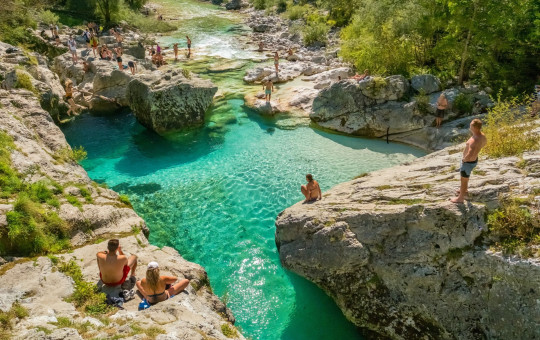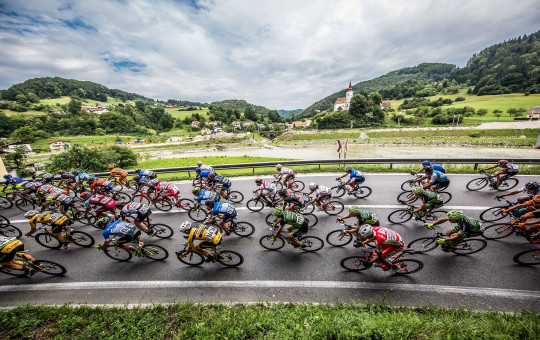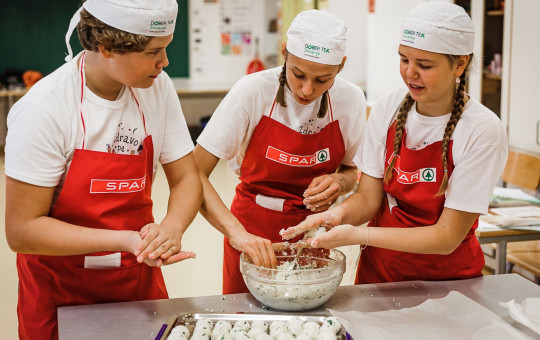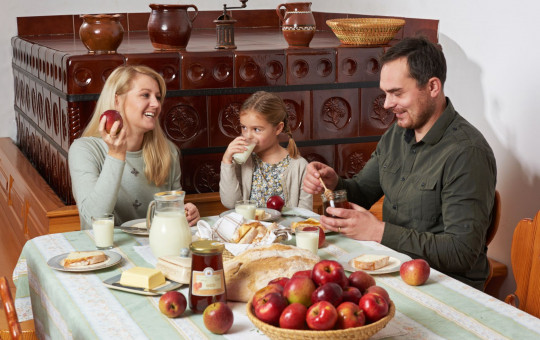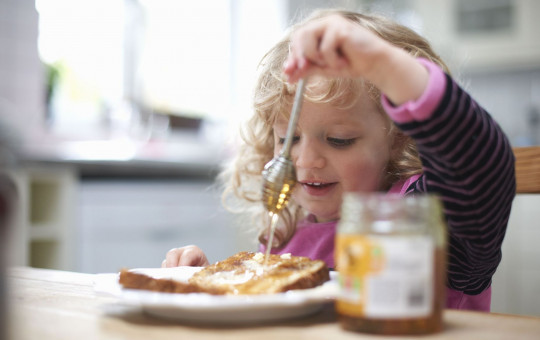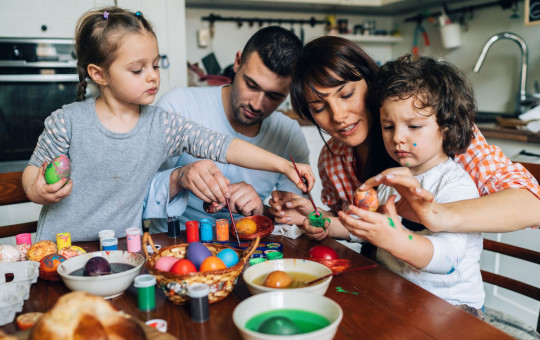Exploring the culinary (nutritional) cultural heritage is one of the essential activities of preserving the identity of a nation or population, and represent the basis for regulating a healthy diet today. The dishes and food preparation processes of our ancestors are a part of a cultural and social happenings that describes the way of life in a geographically diversity of the Country or State.
A new age education project that has been going on for nine years in the entire country of Slovenia, and whose main actors are Primary School pupils. Their main task is to explore the forgotten culinary heritage of their region with cultural background and to adapt the dishes to today’s body needs. They are motivated to use healthy, seasonal ingredients from the surroundings (short chains) and to learn about the reasons of using that in the kitchen (what to eat when and why), to cook at home and minimize food waste.
The main project mission is to encouraging children to a healthy and sustainable - responsible way of life.
The project has grown into a movement to encouraging children to become proud and to respect their own culinary history, to change their tastes, to create a desire to upgrade knowledge about the production of local food, also autochthonous or forgotten varieties. The project connects different segments of knowledge, skills, or abilities. By preparing traditional meals in school kitchens, we achieve strong motivation for the adolescent generation.
-
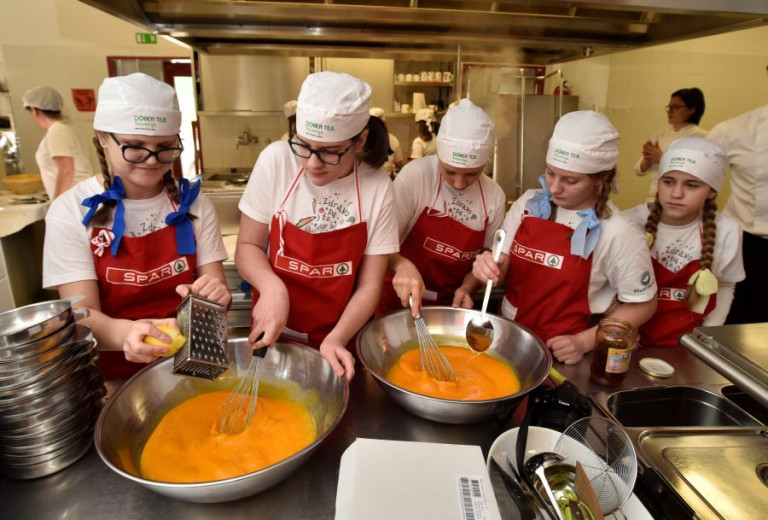
Children discover the wealth of local and regional flavours in Slovenia. Photo: Kuhna pa to archives
-
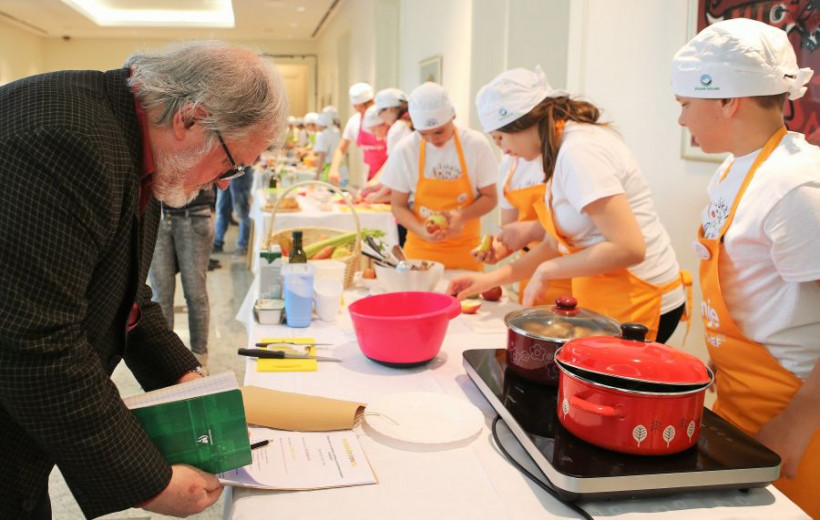
Dr Janez Bogataj is one of the world’s foremost experts on Slovenian ethnology and he is also fan of the project for many years. He is involved in many competitions. Photo: Kuhna pa to archives
-
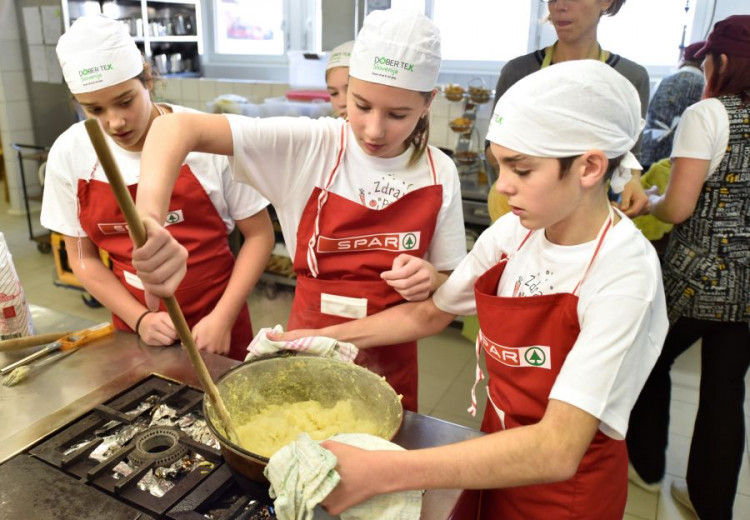
One of the main purposes of this project is to motivate children in primary schools to learn about regional food "Grandma`s Kitchen. Photo: Kuhna pa to archives
-
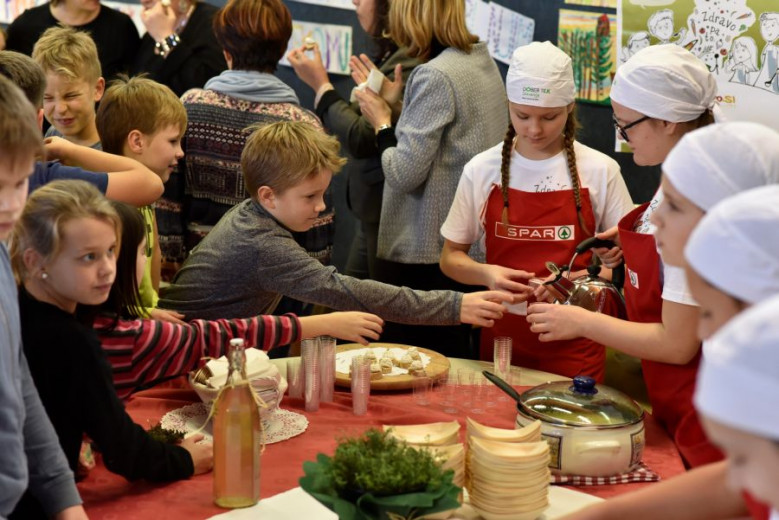
There`s a lot of interest for this project everywhere. Photo: Kuhna pa to archives
At the National level, the project is important for the main areas: Health, Local food, Education, Employment, Tourism and Social ties.
Based on the recipes, procedures and stories written by our nutritional cultural heritage, and which children have placed between us through intergenerational communication, a cookbook is published after each annual project.
Project is supported by Ministry of Health and is a part of the National program "Dober tek Slovenija". In September, 2018, the European Commission - DG SANTE identified the project as one of the 10 Best Practices in the field of healthy and a sustainable lifestyle in relation to food.
Date: 11. December 2019
Time to read: 1 min

